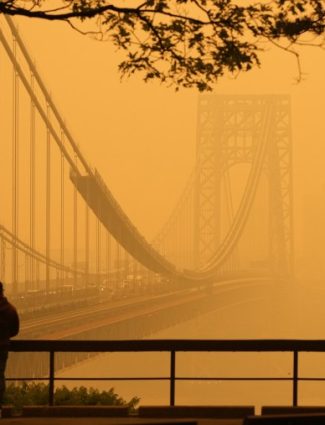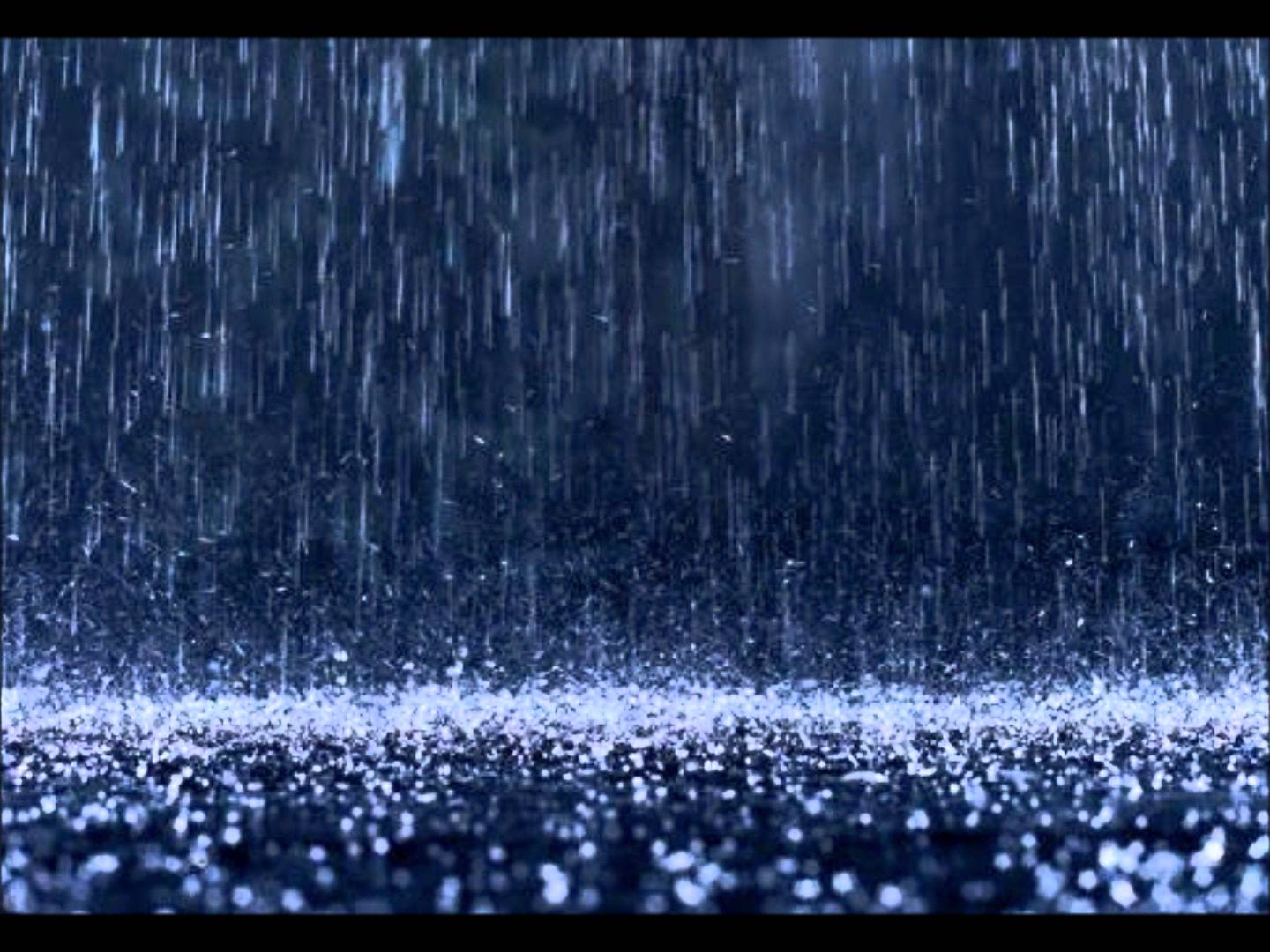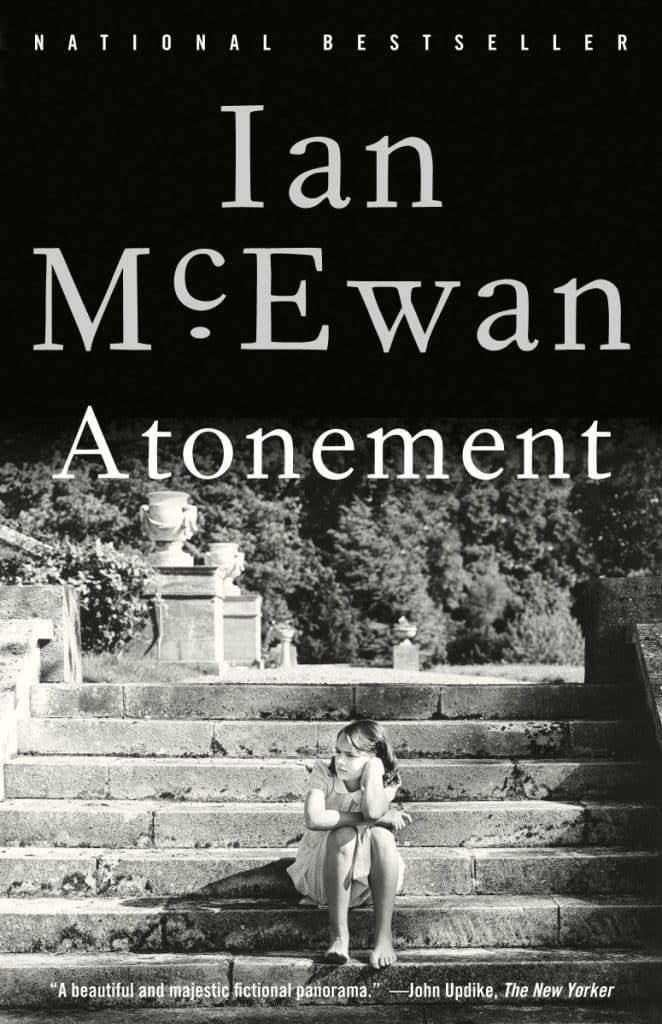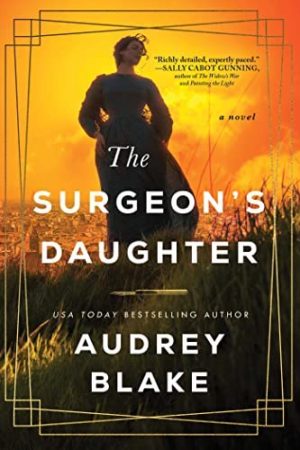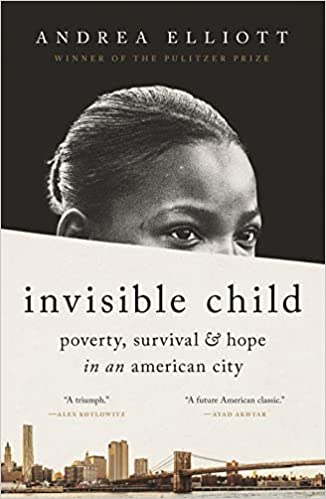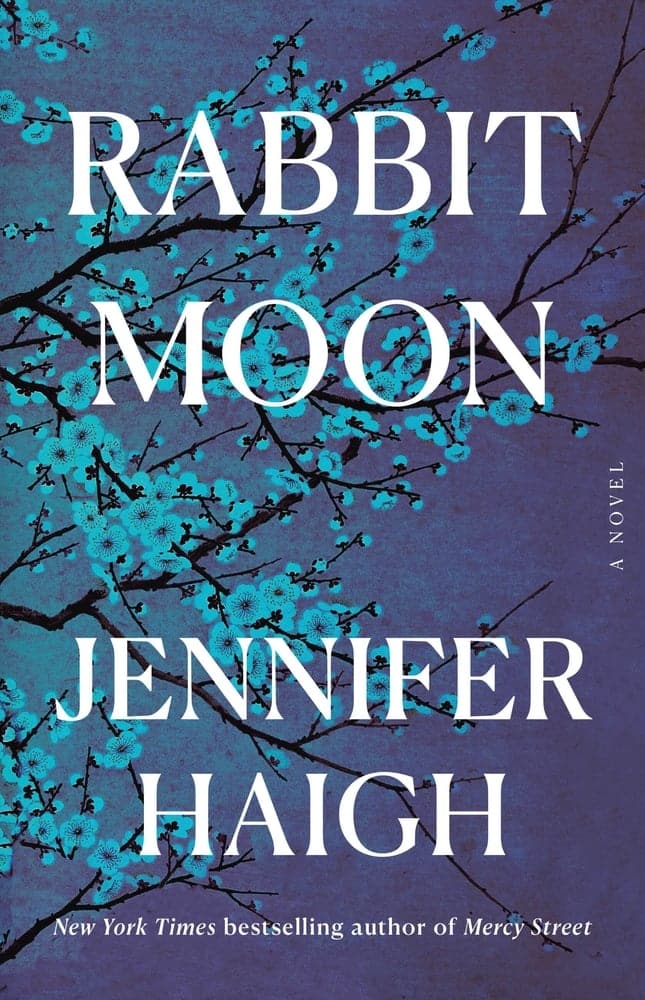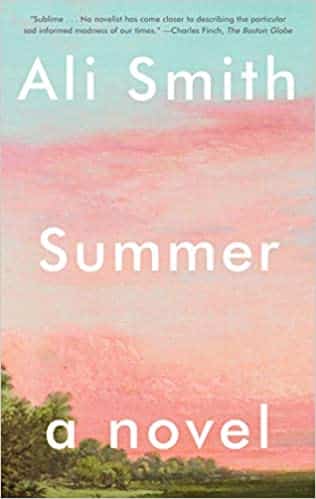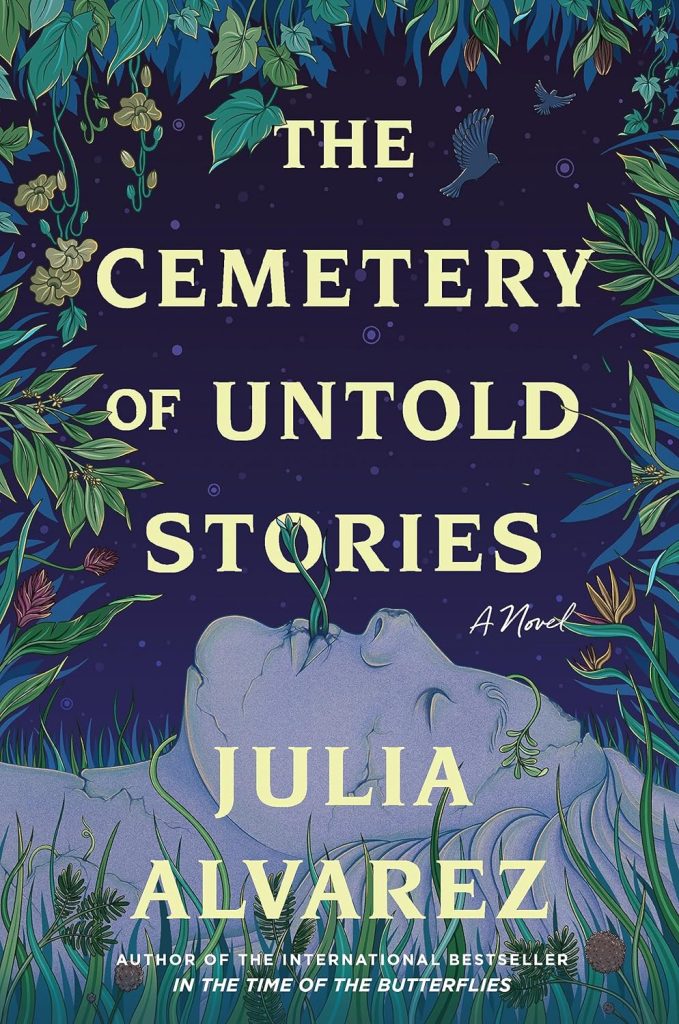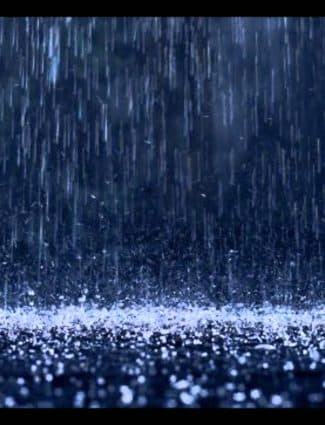
Flash Flood Fretting
Speed Shopping to Avoid The Storm
Estimated reading time: 2 minutes, 8 secondsAfter enjoying a delicious breakfast, I hurried to Shoprite and Trader Joe‘s to pick up groceries. With the weather forecast warning of possible flash floods, I was determined to avoid any potential danger.
When I entered Shoprite, I saw a woman I had seen before at Nomahgen Park. “It looks like we’re on the same mission today,” she said as we walked towards the entrance. I agreed, mentioning that I wanted to finish shopping before the expected heavy rain. She went left while I continued straight ahead. As we parted ways, I couldn’t help but notice that she was still wearing sweatpants. My wife would only allow me to go out in sweatpants if I’m taking a walk. I should consider wearing them next week.
The flood warnings on my iPhone and Apple Watch kept popping up, disrupting my quick shopping trip. Frustrated, I switched my iPhone to Do Not Disturb mode to focus on my list. Navigating through the aisles, I concentrated on finding the needed items while consciously avoiding distractions. I usually time myself during shopping trips, but after running into someone I knew, I completely forgot to keep track of the time. Surprisingly, when I left the store in under an hour, I was greeted by a serene blue sky with only a hint of puffy clouds in the distance.
As I stepped through the door into the warmth of my home, I hurried to prepare lunch. I paused to reflect on the hasty journey I had embarked on to escape the impending downpour. Despite the persistent drizzle that gradually soaked through my sweatpants during my truncated walk, I remained resolute, celebrating completing my 1201st consecutive day of walking. Seated at my dining table, I gazed out at the sky, searching for any ominous signs of thunderheads. Not finding any, I busied myself with tidying up before succumbing to the temptation of a rejuvenating nap to restore my weary spirit.
Waking up, neither the rain nor the floods had arrived, but I knew we would have severe weather if not today. Climate change has resulted in 2023 being the warmest year until this year. I fretted not about a flash flood but the calamities my grandchildren would face. As I mused about the future, my book on my Kindle app became hard to read. The sky became midnight dark, and the street lights turned on. As I looked out the window, the raindrops were so large they looked like water balloons. The time to act is now.



